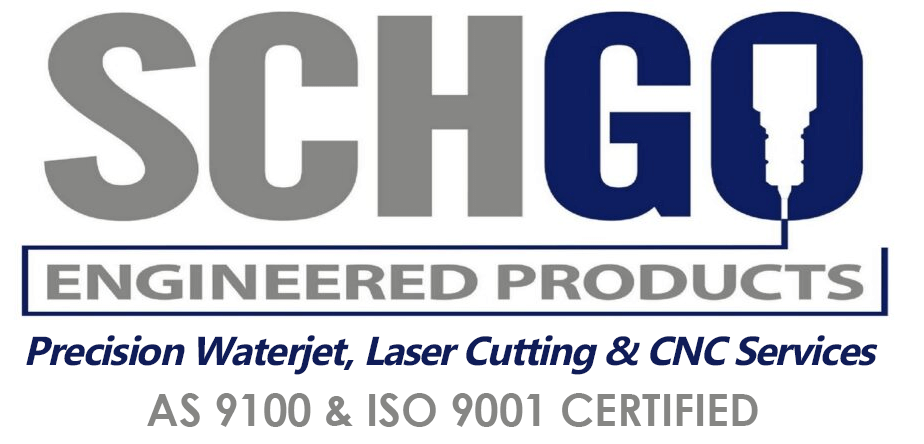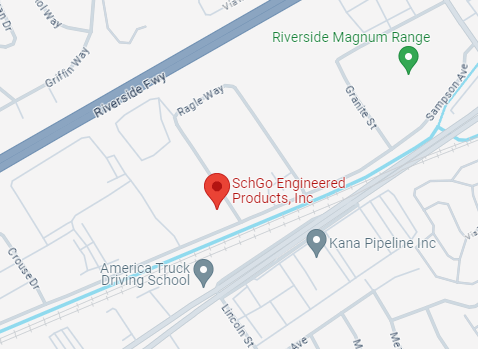Precision machining is a critical aspect of modern manufacturing, enabling the production of intricate and highly accurate components for a wide range of industries. Two fundamental processes in precision machining are milling and lathe operations. At SchGo Engineered Products, we specialize in these techniques to deliver top-quality parts that meet the stringent requirements of our clients. In this blog, we’ll explore why milling and lathe operations are essential for precision machining.
Understanding Milling Operations
Milling is a machining process that involves the use of rotary cutters to remove material from a workpiece. This process is versatile and can be used to create a variety of shapes, slots, holes, and contours in a range of materials.

Key Features of Milling
Versatility: Milling machines can handle complex shapes and features that would be difficult or impossible to achieve with other methods. They are capable of performing operations such as cutting, drilling, slotting, and contouring.
Precision and Accuracy: Modern milling machines, especially CNC (Computer Numerical Control) mills, offer high precision and accuracy. They can achieve tight tolerances and produce parts with consistent quality.
Surface Finish: Milling provides an excellent surface finish, which is crucial for parts that require smooth surfaces for aesthetic or functional purposes.
Material Flexibility: Milling can be performed on a wide variety of materials, including metals, plastics, and composites, making it suitable for diverse applications.
Understanding Lathe Operations
Lathe operations involve rotating a workpiece against a cutting tool to shape it. This process is primarily used to create cylindrical parts and features, such as shafts, bolts, and fittings.
Key Features of Lathe Operations
Cylindrical Precision: Lathes are specifically designed for creating precise cylindrical parts. They can achieve tight tolerances and are ideal for components that require round shapes and smooth finishes.
Versatility: Lathes can perform various operations, including turning, facing, threading, and boring. This versatility makes them indispensable for many manufacturing processes.
Efficiency: Lathes are efficient at material removal and can produce parts quickly and accurately. CNC lathes enhance this efficiency by automating the process and reducing human error.
Surface Finish: Similar to milling, lathe operations provide excellent surface finishes, which are essential for parts that require low friction and smooth interfaces.
The Importance of Milling and Lathe Operations in Precision Machining
High Precision and Tolerances

Both milling and lathe operations are capable of achieving high precision and tight tolerances, which are crucial for many industries, including aerospace, automotive, medical, and electronics. The ability to produce parts with exact specifications ensures that components fit together perfectly and function as intended.
Complexity and Versatility
The combination of milling and lathe operations allows for the creation of complex parts with diverse features. While milling excels at producing flat surfaces, slots, and complex geometries, lathes are ideal for creating cylindrical shapes and threads. This versatility enables manufacturers to meet a wide range of design requirements.
Improved Efficiency and Productivity
CNC technology has revolutionized milling and lathe operations by automating the processes and reducing the need for manual intervention. This automation enhances efficiency, reduces production time, and minimizes the risk of errors, resulting in higher productivity and lower costs.
Material Utilization
Milling and lathe operations are highly effective at material removal, which allows for precise shaping of raw materials into finished parts. This efficient material utilization reduces waste and lowers manufacturing costs.




